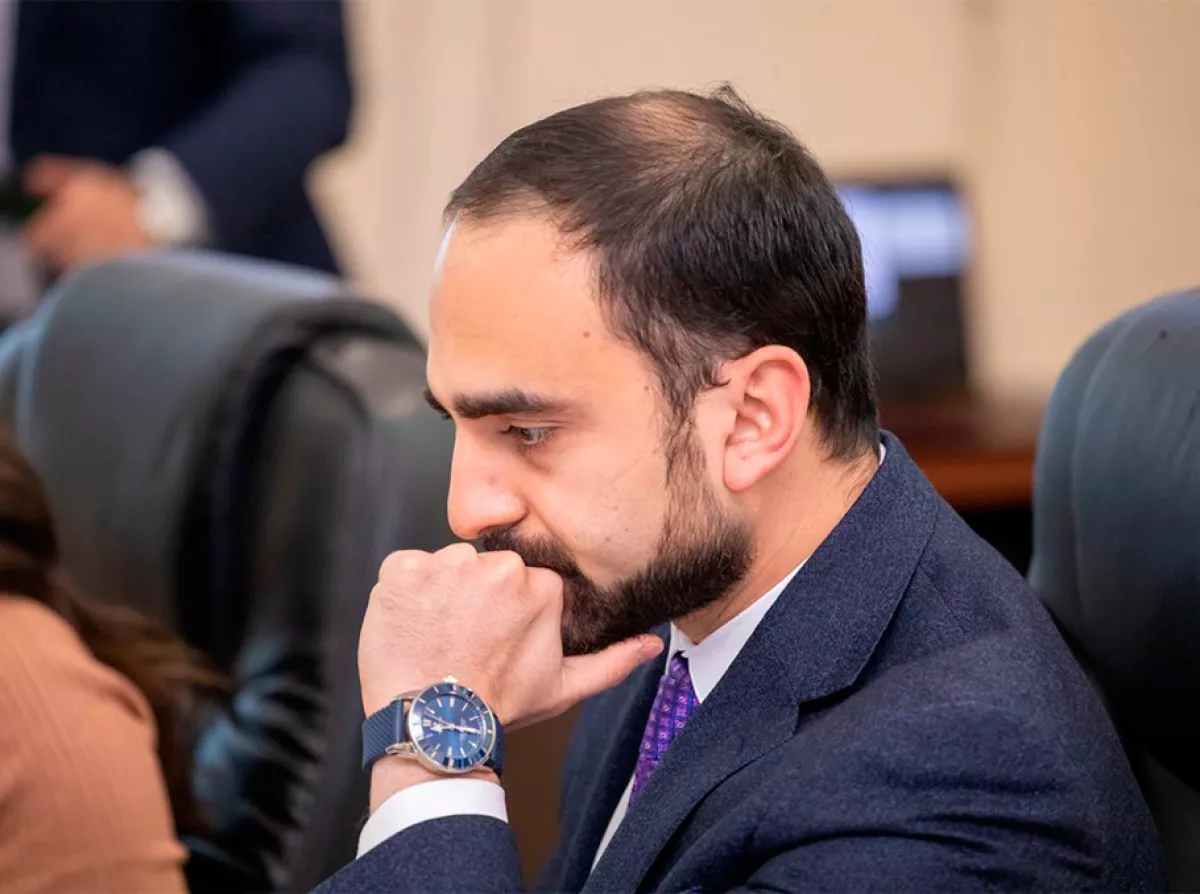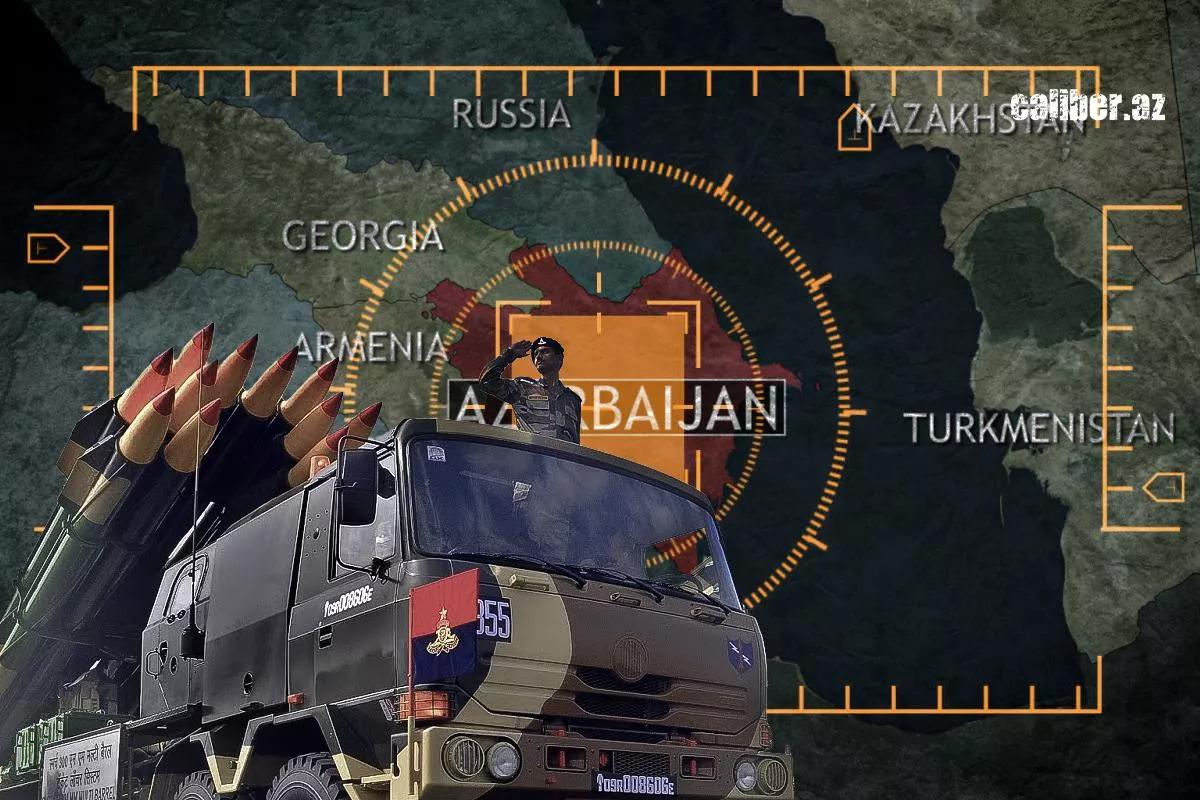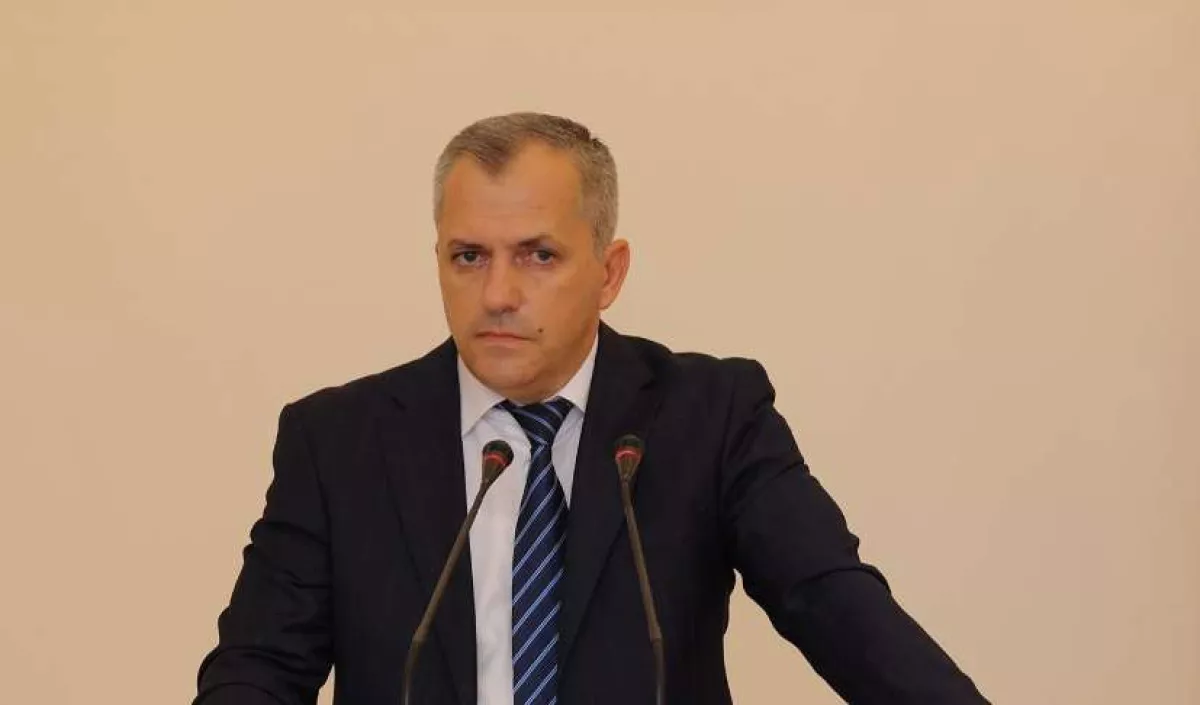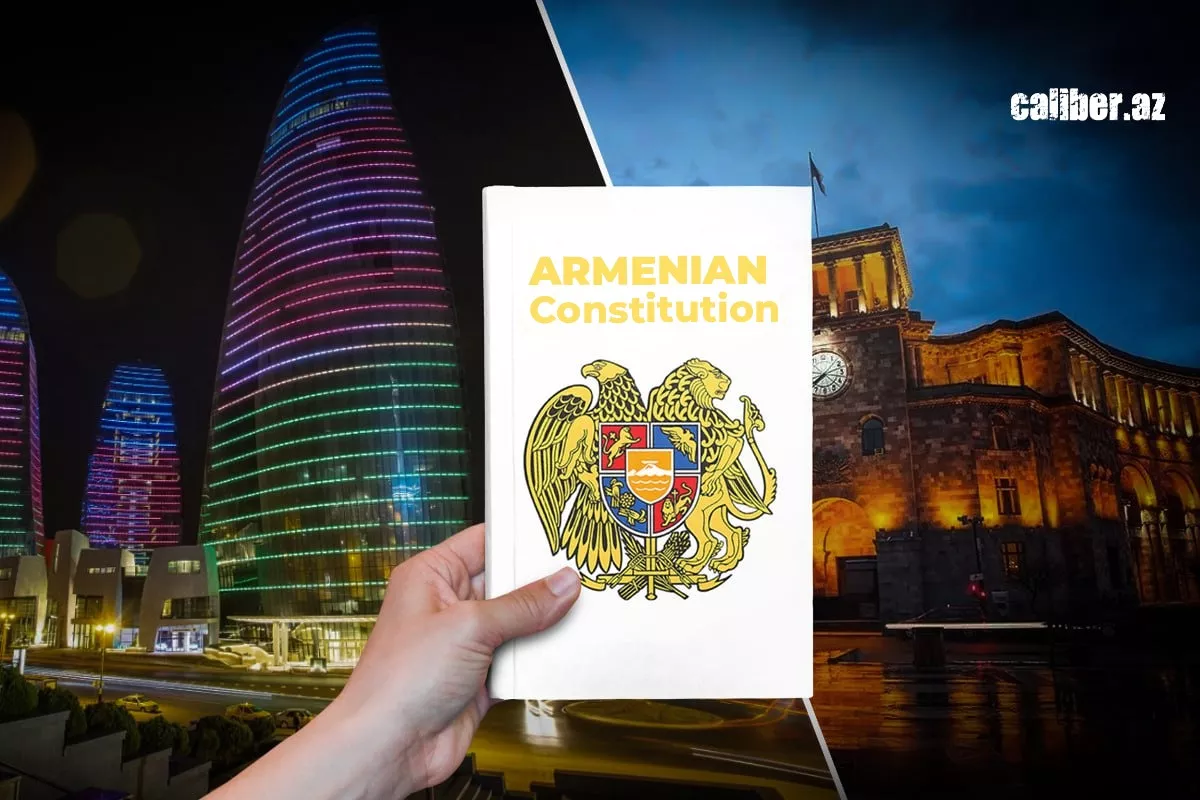Armenian lies at full throttle Yerevan talks peace but prepares for war
Official Yerevan continues to fuel revanchist sentiments in Armenia. This is directly confirmed by the latest reports in the Armenian media stating that a so-called “Park of Life” is planned to be established on a 50-hectare plot in the Yerevan Botanical Garden, dedicated to the “memory of heroes who died in the liberation war in Artsakh.” It is also reported that the mayor of Yerevan, Tigran Avinyan, and Armenia’s Minister of Territorial Administration and Infrastructure, David Khudatyan, have inspected the construction site. This fact leaves no doubt that yet another anti-Azerbaijani provocation in Armenia is being coordinated at the highest level of the current government.
It is clear that Armenia has not closed the Karabakh chapter and has no intention of renouncing its territorial claims against Azerbaijan. On the contrary, by encouraging revanchist forces, official Yerevan is creating a greenhouse environment for spreading the absurd idea of “returning Karabakh” to the masses. And what about the monstrous phrasing of “liberation war in Artsakh”?!

What are these Armenian St. Vitus' dances all about? On the one hand, the Armenian authorities loudly proclaim on various platforms that Karabakh is Azerbaijan and that the Republic of Armenia recognises the territorial integrity of the country. On the other hand, right in the centre of Yerevan, the aforementioned park is being laid with the blessing of those very same authorities.
This new provocation clearly and indisputably shows that the Armenian leadership's so-called "peaceful" statements are nothing but empty rhetoric. In reality, the Armenian side is actively promoting revanchist ideas and preparing to launch a new war against Azerbaijan. The ongoing militarisation of the "land of stones" with deadly Western and Indian weapons is yet another confirmation of this. That, first and foremost, is what truly lies behind these erratic political manoeuvres.

Secondly, further evidence of this duplicity lies in the fact that on 21 May, the remnants of the Karabakh separatists—who found refuge in Armenia and whose leaders are currently giving confessions in Baku’s military court—held a “session” in which they elected a new “speaker.” In addition, according to Armenian media, within 10 days, the so-called “Artsakh parliament” is expected to elect a new “president.”
This entire theatre of the absurd is unfolding in the heart of the Armenian capital—once again with the silent consent of the authorities. The Armenian leadership continues to safeguard the Yerevan-based office of the former Karabakh separatist junta, where its ex-leader Samvel Shahramanyan currently resides. The same Shahramanyan who, in September 2023, signed a “decree” on the “dissolution” of the so-called “NKR,” only to later revoke it himself.

Under the protection of the Armenian authorities, Shahramanyan has grown so bold that in March last year, presenting himself in an interview with the French newspaper Le Figaro as the “head” of the defunct “NKR,” he declared that the decree he had signed in Khankendi in September 2023 on the dissolution of the separatist regime was “illegal.” He went on to claim that the so-called “republic” and its “government” continue to operate in Yerevan.
Responding to a journalist’s question about whether a “state and government in exile” exist, Shahramanyan said: “Yes. The building in which I am receiving you in Yerevan houses the office of the president, as well as the offices of the judicial and legislative structures of the NKR.” With this statement, he effectively confirmed that the Armenian government is providing support to the separatists—this is not speculation but a direct admission.
Following Shahramanyan’s revelations, and true to the familiar Armenian script, came the so-called “strong reaction” from official Yerevan. Armenian Prime Minister Nikol Pashinyan, attempting to put on a brave face, claimed that Shahramanyan’s activities pose a threat to Armenia’s national security.
“They talk about some government in exile and so on. I want to make it very clear, so that everyone understands: in the Republic of Armenia there is only one government, and that government is sitting here now, in this hall. And I want all of us to firmly register this message,” the Armenian prime minister tried to justify.
However, his statements lack convincing grounds. The fact remains: the office of the defeated separatists is still functioning, and the recent events surrounding the election of a “new speaker” of this separatist remnant in Yerevan clearly confirm the Armenian authorities’ support for revanchist aspirations within the country.
Continuing on this topic, it is appropriate to mention another episode. In August 2024, the newspaper Hraparak, known for its ties to local revanchist circles, reported that the Dashnak party was preparing to hold a large-scale gathering dedicated to the “independence” of the now-defunct “Artsakh,” which ceased to exist on 27 September 2023, in one of Yerevan’s restaurants.
“The event invited 1,400 people. The organisers of this large-scale event want to show that the Karabakh chapter is not yet finally closed,” the publication noted.
All of the above serves as evidence that the issue of territorial claims against Azerbaijan has not been removed from the Armenian agenda. This is clearly confirmed by the fact that Armenia is doing everything possible to avoid making amendments to its constitution that would eliminate territorial claims against Azerbaijan.

Thirdly, the contradictory stance of Armenia’s leadership is further evidenced by the fact that Nikol Pashinyan avoids dialogue with the Community of Western Azerbaijan, even though this initiative does not involve any territorial claims against Armenia.
However, at the international forum “Yerevan Dialogue-2025,” Pashinyan claimed that there can be no Western Azerbaijan on the sovereign territory of Armenia:
“In recent years, Azerbaijan started to call approximately 60% of the sovereign territory of the Republic of Armenia so-called western Azerbaijan, and you know our position on that.”
These statements by the Armenian leader sounded like feeble babble compared to the well-reasoned remarks made by President Ilham Aliyev, who on 21 May addressed participants at an international conference held in Ankara titled “Return to Western Azerbaijan as an Essential Condition for the Supremacy of Human Rights.”
“The issue of Western Azerbaijan has already been included in the international agenda. The peaceful initiatives of the Western Azerbaijan Community, in accordance with international law, are commendable and enjoy the support of the world community. Ensuring the safe, dignified, and peaceful return of Western Azerbaijanis to their ancestral lands in Armenia is an essential condition for the establishment of peace, human rights, and reconciliation in the region,” emphasised the head of Azerbaijan.
By highlighting key points on the topic of Western Azerbaijan, Ilham Aliyev sent clear messages to the Armenian leadership: “…Armenia should express an unequivocal position on when and under what conditions Western Azerbaijanis can return to their ancestral lands. We expect the Armenian leadership to receive representatives of the Community on this issue. I would like to emphasise in particular that the desire of Western Azerbaijanis to return does not imply a territorial claim against Armenia, and Armenia should abandon attempts to portray this desire as such. This issue will not leave Azerbaijan’s agenda until the return is realised. Of course, Western Azerbaijanis who will return to their homeland should also be provided with security guarantees.”
Azerbaijan has repeatedly warned that Armenia’s delays in fulfilling Baku’s key conditions, against the backdrop of an arms race, could lead to a new war in the region. This raises a very reasonable question: Do the Armenian authorities truly fail to realise that another war would be a point of no return for Armenia—after which no one would ever recognise Armenia as a subject of international relations?








